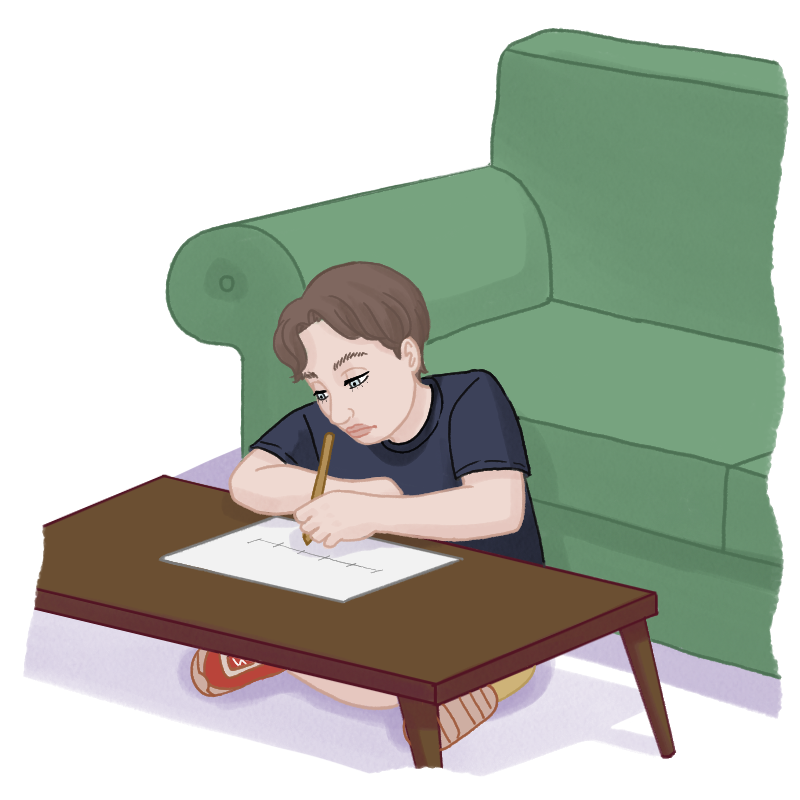





Chapter 1. Countering Avoidance Copy

Brian’s eyes simmer with defiance and suspicion, and he methodically cracks his knuckles. You try to disrupt the tension with a smile, but Brian does not return it.
“Thank you for coming in, Brian,” you finally begin. “How have you been?”
Brian doesn’t respond—he flashes an insincere smile instead.
“Okay,” you accept. “Well, over the past few sessions, we’ve been covering coping tools, when and how you can use them. And over the next couple of sessions, we’ll start looking at experiences you’ve had in your life. We’re going to create—“
“I don’t want to talk about my bad experiences,” Brian interrupts coldly. “I’d rather just forget them.”
You stay silent for a moment. “Brian,” you finally say, “do you remember when we talked last time about avoidance?”
Brian shrugs, but you continue, “The more we try to forget our traumatic experiences, the more they get in our way and interfere with our life. It may feel easier now to avoid distressing thoughts, but in the long term, it can make things worse, like a wound that gets infected if you don’t treat it. And, we will also be talking about all types of experiences.”
Brian throws his hands in the air and huffs loudly. “But I already told my story so many times, including to CPS! Why do I have to do it again?”
His voice has gotten loud so you lean forward and soften your tone. “I understand it’s not easy for you to tell your story. When you told it to CPS, that was so they could make sure you were safe.” Brian rolls his eyes and scoffs. “With me, we’re going to talk about it in a different way, to eventually help you feel better. You said that you came to me because there are some things getting in your way, that you weren’t feeling so great. And you were suspended from school, right?” Brian drops his gaze to the floor. He doesn’t respond. “The reason we talk about it here,” you continue, “is to help you process what happened and understand how it makes you feel and think and behave, so we can stop it from having such a negative impact in your life.”
Brian looks up at you, a sheen of tears on his eyes. “Are you going to tell anyone?” he asks.
“Of course not,” you reply as you pass him a tissue. “The only times that I might have to share information is if you tell me someone is harming you, or if you plan to harm yourself or someone else.”
Brian looks away toward the corner of the floor. “I don’t have those problems.”
“In that case I won’t be sharing your story with anyone, unless you give me explicit permission to do so, okay?”
Brian’s eyes remain glued to the floor but he nods slowly.
“So as I was saying earlier, we’ll start looking at your experiences. We’re going to create a life timeline together, mapping out all the events you remember from your life. We’re also going to create a story, specifically focusing on some of your negative experiences. You’ll choose what to talk about, and if things get tough remember that we have your coping toolbox and the option to pause and use one of the tools if you’d like. The more information you can share, the better.”
“Ok,” Brian sighs, “ok.”
